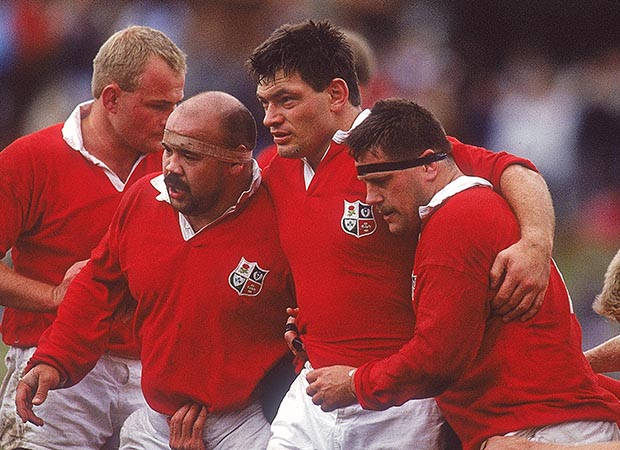
 Twenty-eight years ago I was playing in a Five Nations tournament that was, in effect, a selection trial for the 1989 Lions trip to Australia. No squad announcements had been made so, as players, we all knew that every game we played would either give us a ticket for the plane or leave us at home because we weren’t good enough.
Twenty-eight years ago I was playing in a Five Nations tournament that was, in effect, a selection trial for the 1989 Lions trip to Australia. No squad announcements had been made so, as players, we all knew that every game we played would either give us a ticket for the plane or leave us at home because we weren’t good enough.
There was of course a third option. This was when you were sacrificed because of age, or because not enough players from one of the other Home Union countries had been selected. If the latter occurred, a political decision was taken to leave you out for another player from the under-represented country. Admittedly, those were the amateur days when such decisions were made because the politics of the Lions meant they had to have a representative number of players from each of the Home Unions.
I had won my first cap at the start of the previous season and had shown that I was more than capable as the ‘first choice’ tighthead in the England team. We finished in third place in the Five Nations that season but as a team we knew we were getting better and were determined to improve.
The thought of a potential Lions tour at the end of the season was a major incentive for me, as with any player, but first I had to be selected which meant playing my socks off.
We drew our first game against a stubborn Scotland side at Twickenham and travelled to Dublin for our second game, a game we had to win to keep all our ambitions alive.
It was the usual robust England v Ireland game with a lot of physicality at scrums and lineouts. My job as number one in the lineout was to ‘clean’ any bad taps from the middle or at the back of the line.
Late in the first half, we had a lineout where the ball was tapped badly to the back and I had to secure the ball by diving on it, which I did just as the opposition tighthead, Jimmy McCoy, decided to kick the ball out of the stadium. McCoy missed the ball and instead hit my head.
From that moment to this, I have no recollection of what happened next despite continuing to play for about 20 minutes before and after half-time, coming off only when Brian Moore noticed the scrum gave a little on my side.
He immediately called the referee and said there was something wrong with me and I had to be replaced. Gareth Chilcott took my place.
I was diagnosed with concussion and forced to sit out the rest of the tournament in which England went on to finish second behind France. I also missed out on the Lions with Cooch (Chilcott) deservedly taking the place that I would have hoped to claim.
Four years later, I missed out on the next Lions tour to New Zealand in 1993 probably because I was by then 37 and Scotland didn’t have enough representation. However, I did in fact play for the Lions in a one-off game against France, which we won 29-27 and made me a Lion, although I must admit some disappointment at never having toured with them.
As a result, I know the disappointment that a number of players are feeling at being either left out or injured before getting the chance to board the plane. However, despite everything, many of those left behind are actually better players, with more peer respect than some who made the plane and they will join the annals of great players who never went on to become Lions.
The reason I have written about this is as follows: I went for a brain assessment this week as part of the study into the effects of concussion in rugby. This consisted of a four-hour series of tests to see if my cognitive brain functions show signs of deterioration as a result of head injuries/concussions I received while playing.
From a personal prospective I have two concerns about this study. The first is that it is only being carried out on over 50s.
This may appear logical as the older you are the more likely you are to show any signs, early or otherwise, but the worry is there are probably no players who have played long term professional rugby being tested.
Although some of us may have played professionally towards the end of our careers – myself included with two years at Bedford – we would not have had the continual exposure of a whole career, so the study may give a false sense of security. It is possible that this study will not find a significant difference between the old amateur players and the general public when it comes to brain function in later life, but that would be to dismiss the changes that have happened in the game since 1995, the dawn of professionalism.
Things like the demise of drift tackling in favour of man-for-man tackling where there is a greater risk of head contact, really only came into the game after professionalism.
In order for this study to be more than just a publicity stunt, it needs to include those who have retired from the professional game.
Second, if anything bad shows up from my test and the blood test taken, I have to wait until they first inform my doctor and he contacts me, which means I have a worrying few weeks ahead hoping the phone won’t ring.








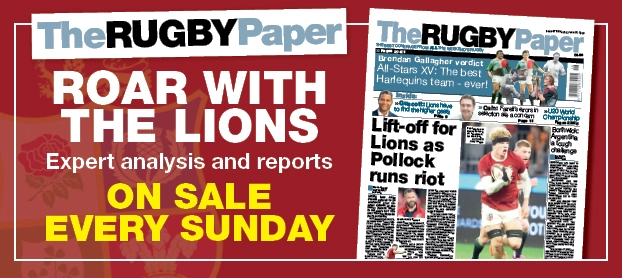













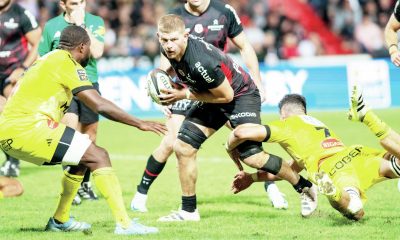

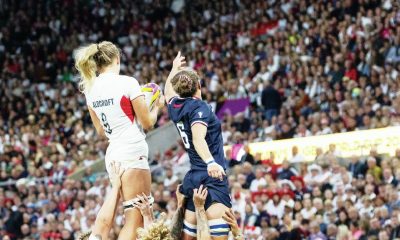

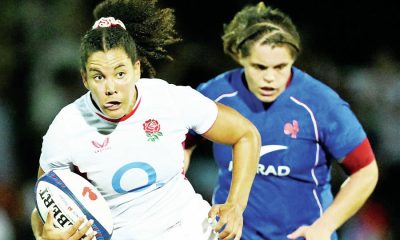

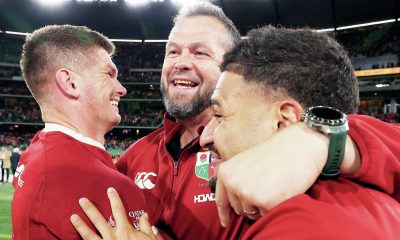



You must be logged in to post a comment Login